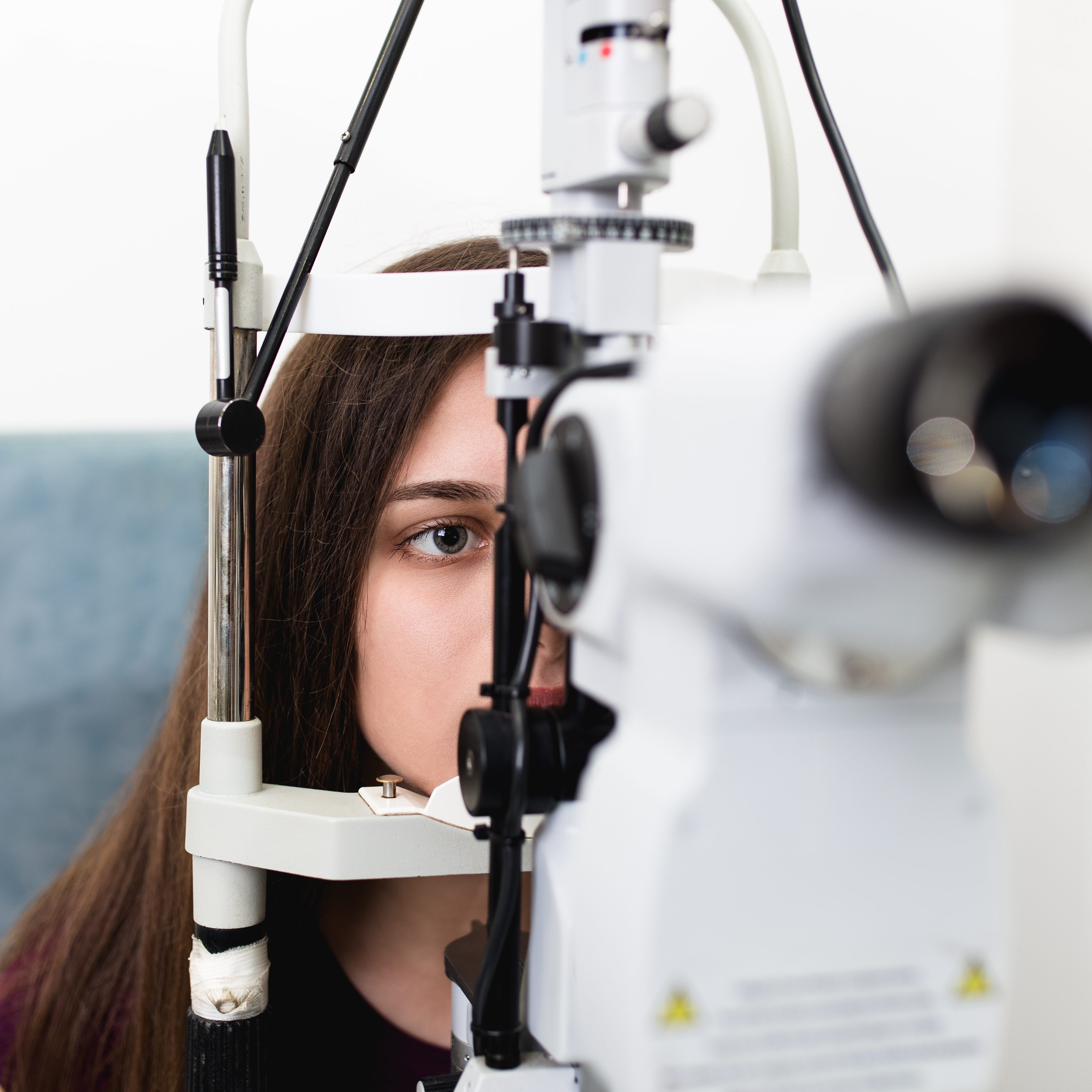
It can be easy to forget and leave your contacts in overnight.
A quarter of Australian contact lens wearers will accidentally leave their contacts in overnight at least once a fortnight, placing them at an increased risk of eye ulcers and sight threatening infections. What can happen if you don’t wear your contact lenses as they were intended? Falling asleep with your soft contact lenses in leads to oxygen starvation of your cornea, the clear tissue of the eye that you place your contact lens on. Hence, your eyes are put at a much higher risk of infections, ulcers and other serious diseases.
Upon waking with contacts left in overnight, you might feel dryness or discomfort, increased sensitivity to light and you might see that the white parts of your eye appear more red than usual, as well as experience increased discharge or ‘sleep’ in your eyes.
Optometrist Laura Carson explains further:
An unfortunate side effect of any contact lens wear is the increased susceptibility of the eye tissue to infections
“Contact lens wear is fantastic for vision correction and freedom from glasses, whether it be for day to day use, sport or special events, however an unfortunate side effect of any contact lens wear is the increased susceptibility of the eye tissue to infections. In particular, there is strong evidence that the risk of microbial keratitis, a sight threatening eye infection, increases 10 fold when sleeping in contact lenses.”
If there is a suitable need your optometrist may prescribe an ‘extended wear’ soft contact lens which is specifically developed for sleeping in overnight. These types of overnight lenses are not suitable for many people and can still lead to eye or eye lid inflammation and infection, especially after using for prolonged periods. There are also speciality hard contact lenses which can be worn overnight.
As with every optical correction we have many options and tailor our prescription to each individual patients' needs
Laura continues: “In some cases, say a patient is physically unable to insert and remove contact lenses daily due to a health condition, we may still prescribe an appropriate and approved for overnight use contact lens to give them freedom from glasses and great vision. As with every optical correction we have many options and tailor our prescription to each individual patients’ needs.”
Why is it important to have a regular eye examination?
If you’re having any trouble or issues with your contact lenses, or you find yourself accidentally sleeping in them often, we recommend you visit us. The simplest way to avoid issues with contact lenses is to follow the hygiene and handling requirements of lenses and cleaning instructions very closely, and to have regular eye health check-ups.
Laura Carson has been a practising optometrist since 2015, after completing her Undergraduate and Clinical Masters degrees at Deakin University. Laura offers a full scope of optometry services and has a particular interest in dry eye and ocular surface disease, as well as myopia management and orthokeratology for children, having completed further study for this at Melbourne University in 2017.


